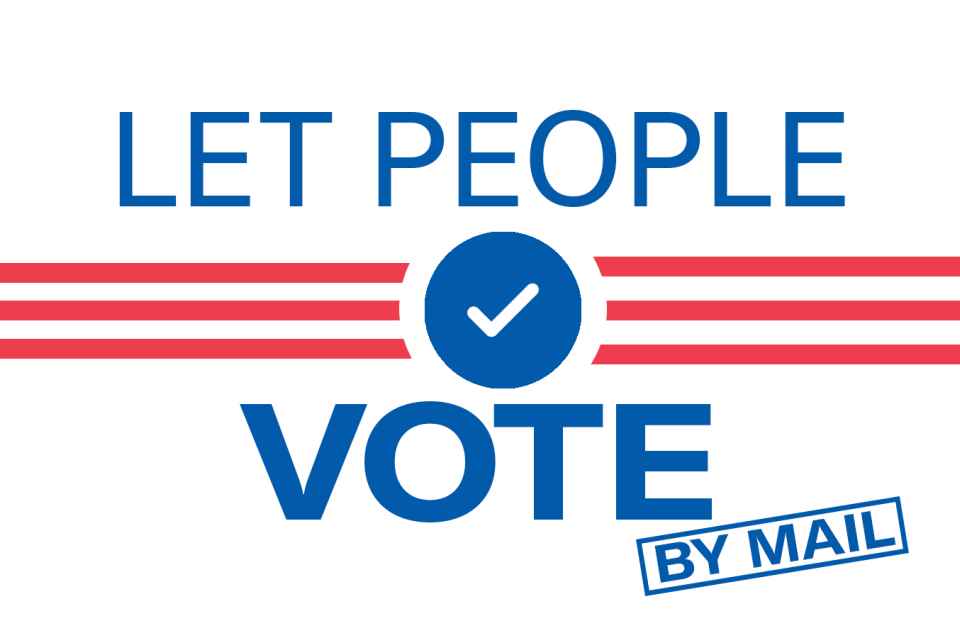
Chambers v. State of North Carolina
What's at Stake
The American Civil Liberties Union, ACLU of North Carolina, and Sullivan & Cromwell filed a lawsuit challenging absentee ballot witness requirements that needlessly put North Carolinians at risk of exposure to COVID-19.
Summary
North Carolina law requires that voters who submit an absentee ballot by mail have at least one other witness sign their ballot envelope. In the context of the COVID-19 pandemic, this requirement poses a particular threat to people who live alone and those with underlying conditions that place them at higher risk of developing serious complications from COVID-19. Although normally, the state requires two witnesses, the legislature enacted a law that temporarily reduced the requirement to only one witness for purposes of “an election held in 2020.” However, this still placed voters at risk, as they would have to identify a witness and break self-isolation to attain the required ballot signature.
On July 10, 2020, the ACLU, the ACLU of North Carolina, and the law firm Sullivan and Cromwell filed a lawsuit in North Carolina state court challenging the absentee ballot witness requirements. The lawsuit argued that enforcing the witness signature requirements violated the state constitution’s guarantees of free elections, assembly, speech, and equal protection. Along with several other voters, Barbara Hart, age 73, served as a plaintiff. Ms. Hart lives alone and has a history of breast and lung cancer; chemotherapy for her breast cancer damaged her heart, leaving her particularly at risk of severe illness if she contracts COVID-19. Because of this, she had been self-isolating since March 2020, when the pandemic began. She has voted in every election since she was old enough to vote, and sought to vote with an absentee ballot in the November election to protect her health.
On July 21, 2020, the plaintiffs moved for a preliminary injunction to prevent North Carolina officials from enforcing the witness requirement. On September 3, 2020, the court denied the motion, finding that the administrative burden of mailing out absentee ballots with the corrected instructions that plaintiffs requested, namely that the voter did not need to find a witness, was so burdensome on election officials that it counseled against granting relief. The case was subsequently dismissed on January 11, 2021.
Legal Documents
-
07/10/2020
COMPLAINT - Chambers v. State of N.C.
Date Filed: 07/10/2020
Download DocumentPress Releases
ACLU Challenges North Carolina Witness Requirements That Put Voters at Risk During COVID-19 Pandemic